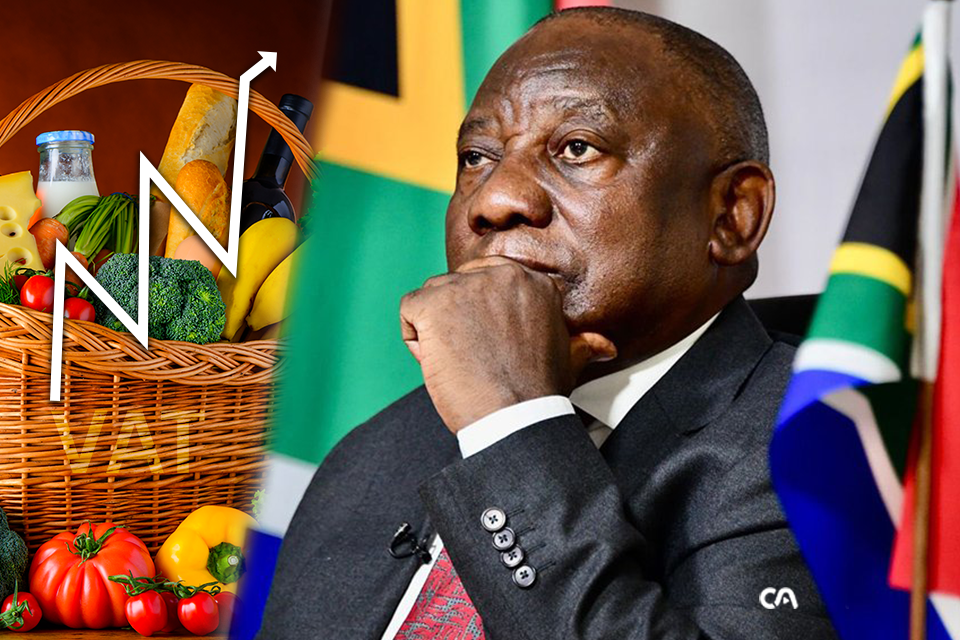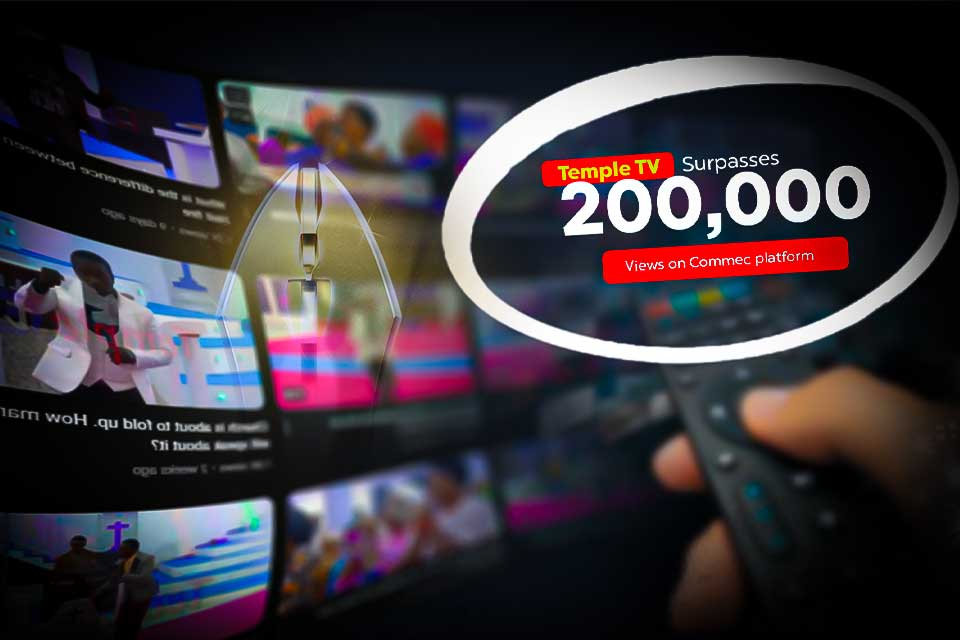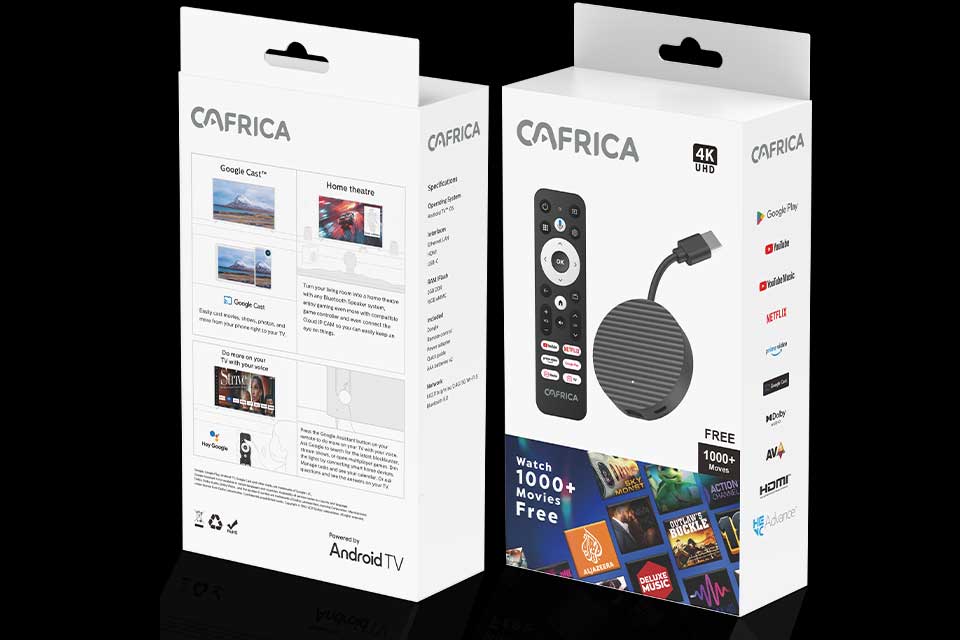
South African President Cyril Ramaphosa's Value-Added Tax (VAT) plan has faced criticism and potential hurdles.
Uchenna S
12 Dec, 2024 07:52 pm
President Cyril Ramaphosa has once again highlighted his government’s plan to expand the list of VAT-exempt food items as part of efforts to ease financial burdens on South African households. However, numerous studies, including one by the National Treasury, question whether such measures would effectively provide relief to low-income families.
Government’s Continued Focus on Food Affordability
During his recent address to the National Council of Provinces, President Ramaphosa reiterated his commitment to addressing food affordability for South Africans.
“Among the measures to ensure that all South Africans have affordable access to sufficient food, the government is looking at whether the basket of food items exempted from VAT could be expanded to include more basic products,” Ramaphosa said.
Currently, the zero-rated food list includes staples such as brown bread, maize meal, milk, rice, vegetables, and eggs. The most recent expansion to this list occurred in 2018 following an in-depth analysis by the National Treasury.
Experts Question Zero-Rating’s Impact on the Poor
Gerhard Badenhorst, Director of Tax and Exchange Control at Cliffe Dekker Hofmeyr, emphasized that the primary aim of expanding the VAT-exempt food list is to alleviate poverty and address malnutrition by potentially adding more protein-rich items.
However, Badenhorst pointed out that VAT is an inherently regressive tax, disproportionately impacting lower-income households. He explained that without zero-rated items, the tax takes a higher percentage of lower-income households’ disposable income compared to wealthier groups.
A Historical Look at VAT and Zero-Rated Items
VAT was introduced in South Africa in September 1991 at a rate of 10%, with only two food items—brown bread and maize meal—initially zero-rated. Between September 30, 1991, and March 31, 1992, another eight items were added to the zero-rated list, which were subsequently extended.
The basket of zero-rated food items expanded further in 1993, when the VAT rate increased from 10% to 14%, adding nine more food items. On April 1, 2018, with the VAT rate rising from 14% to 15%, cake wheat flour, white bread wheat flour, and sanitary towels were included as zero-rated goods.
Despite these changes, studies suggest that zero-rating may not provide as much relief as intended.
Global and Local Research Highlights Ineffectiveness
Several studies have analyzed the impact of zero-rated food items on poverty and inequality:
1. Katz Commission (1995):
- Found that zero-rating has only modest benefits for poorer households while significantly benefiting wealthier groups.
- Concluded that zero-rating reduces consumer benefits more than commonly assumed and further erodes the VAT base.
2. OECD Study (2015):
- Determined that zero-rating has minimal impact on poverty relief.
- Found that wealthier households benefit far more from VAT reductions, with some studies even indicating a regressive effect.
3. Davis Tax Committee Report:
- Acknowledged that poorer households benefit from some zero-rated goods like brown bread and maize meal.
- However, the report noted that richer households benefit significantly more from zero-rating certain items, such as milk, fruits, and vegetables.
- Concluded that zero-rating is a “blunt instrument” for addressing equity objectives and recommended against the further expansion of the zero-rated food list.
4. National Treasury Study (2018):
- Explored whether including chicken in the zero-rated food list could be beneficial.
- However, concerns were raised about definitions (e.g., individually quick frozen or IQF chicken) being unclear, potential revenue losses, and whether these changes would lead to increased imports rather than delivering benefits to consumers.
- The report also recommended that nutritional programs may be a more efficient way to address food insecurity for low-income households.
Balancing Relief with Fiscal Responsibility
The ongoing debate highlights the complexity of addressing food affordability through fiscal measures. While Ramaphosa’s administration continues to prioritize expanding VAT-exempt food options, experts suggest that its limited effectiveness and potential costs may necessitate a re-evaluation of alternatives.
With multiple studies indicating that zero-rating disproportionately benefits wealthier households, the government faces the challenge of ensuring that any relief efforts are equitable, effective, and sustainable in the long term.




0 Comments